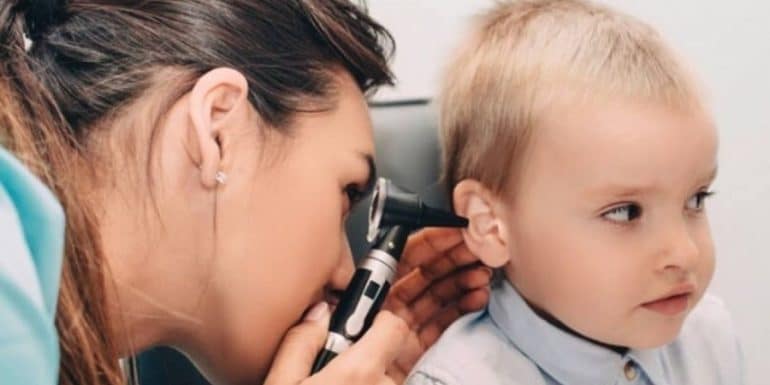The dangers of excessive noise to children's health have been underestimated, and now is the time to act, the American Academy of Pediatrics points out in an updated statement published in the journal Pediatrics and presented at this year's conference.
Evidence shows that children and teenagers are at risk of hearing loss by turning up the volume on their personal listening devices. But children are exposed to potentially harmful noise from infancy and the effects accumulate throughout their lives.
Ordinary everyday noises such as road traffic or television can disrupt not only hearing, but also children's sleep, learning and quality of life. Also, the use of personal listening devices is one of the most common forms of noise exposure. It found that 60% of teenagers and young adults exceed the maximum recommended daily noise exposure value. Noise above 70 decibels for a prolonged period of time can start to damage hearing. For example, it is reported that the sounds of a motorcycle, a rock concert and a cinema range from 80 to 115 decibels. Loud noise above 120 decibels, such as lightning or an aircraft taking off, can cause immediate damage to the ears.
Excessive or prolonged exposure to high intensities can lead to hearing loss, tinnitus or hyperacusis, a condition in which everyday sounds can seem unbearably loud and painful. Sensorineural hearing loss is the result of damage to the inner ear and is usually irreversible and can be caused by listening to loud music.
"Children have smaller ear canals than adults, which intensifies higher frequency sounds. And the concern is not just about the volume, but how long and how often children are exposed to the noise," said Sophie Balk, lead author of the study and former chair of the American Academy of Pediatrics' Council on Environmental Health and Climate Change. . She adds that it is very important to prevent children from being exposed to harmful sounds early in life.
The American Academy of Pediatrics advises caregivers to avoid taking young children to excessively noisy venues, such as concerts, sporting events or fireworks displays, and if they do attend they should use protective earplugs. Also, turn down the volume of televisions, computers, radios and personal listening devices. In addition, when children use a personal hearing device they should be able to listen when they are spoken to and take breaks from the device, but also use the headphones with care.
Finally, caregivers should use infant sleep devices with caution regarding sound level, but also look to toys and devices for information on volume control, frequency, and noise-cancelling technologies.
Source: RES-EAP
